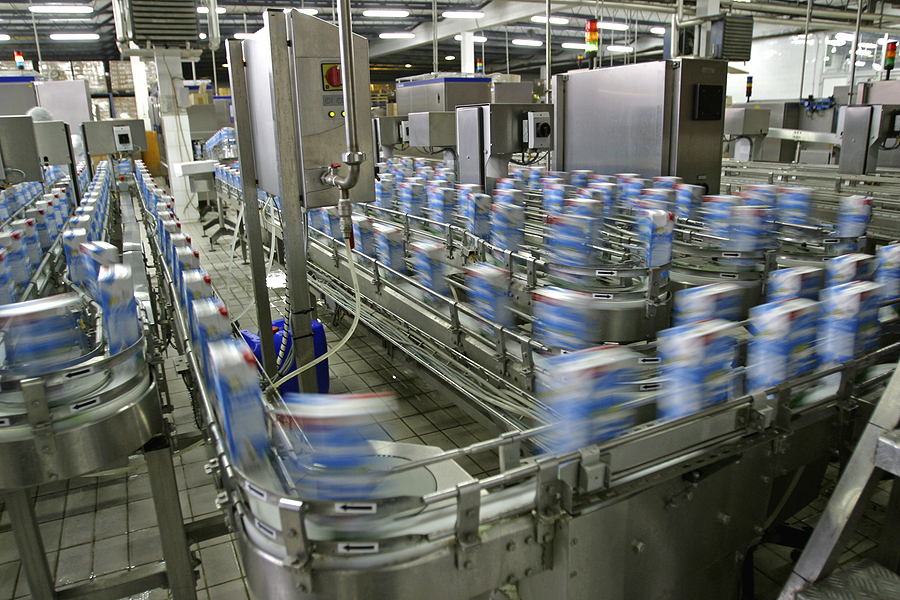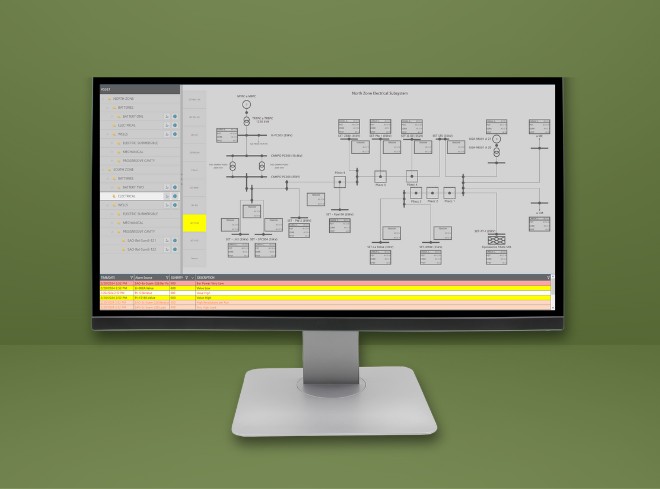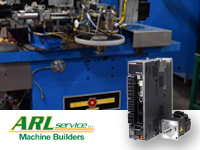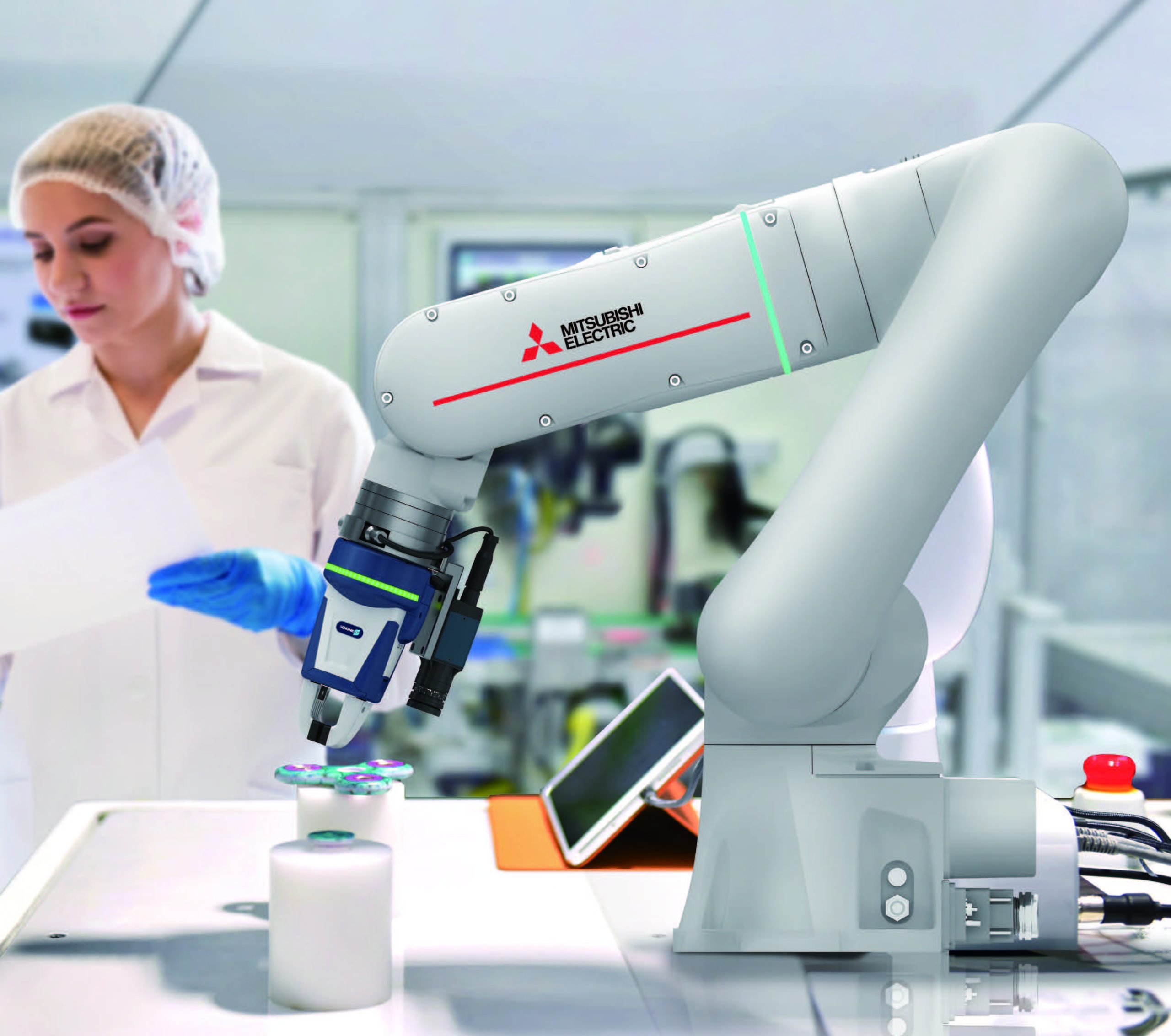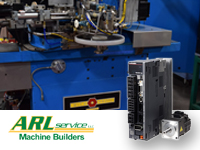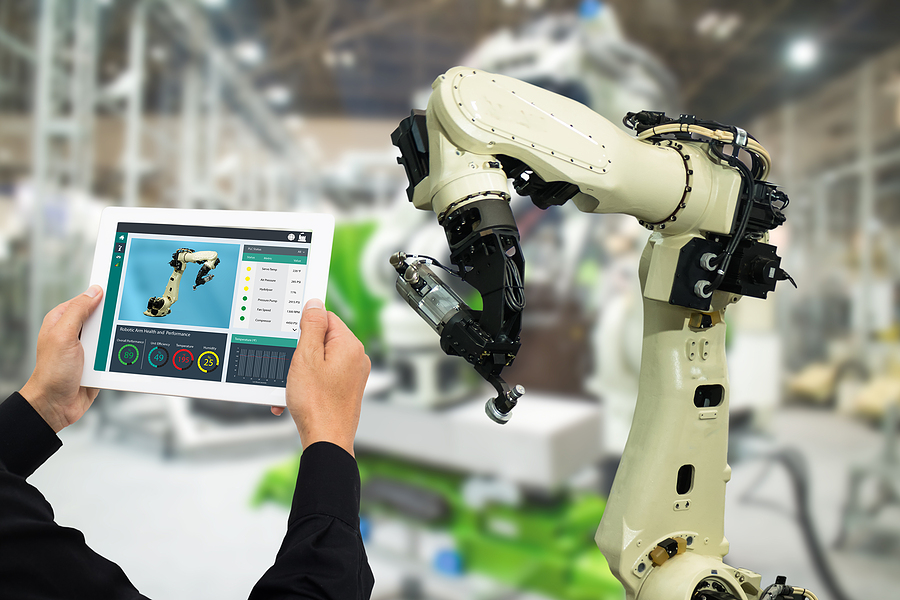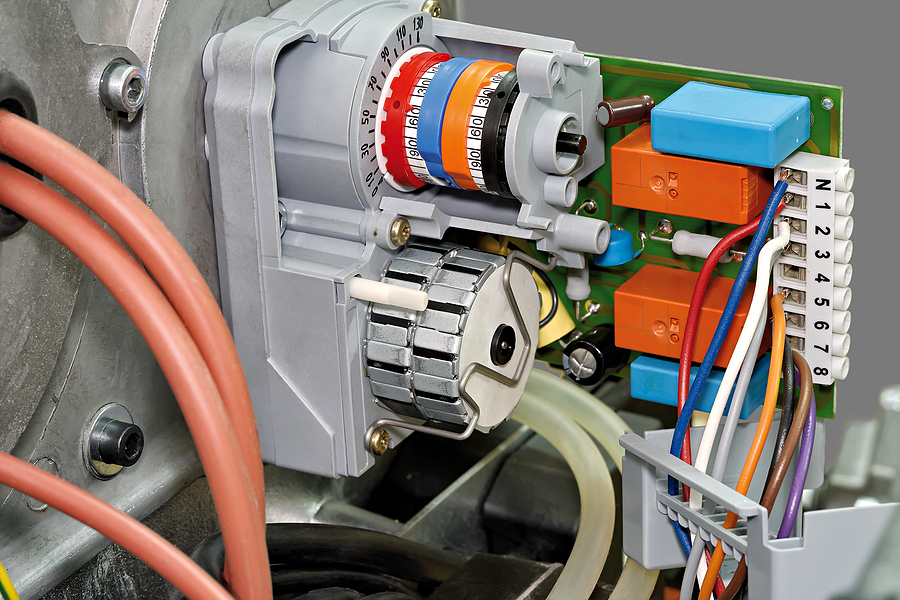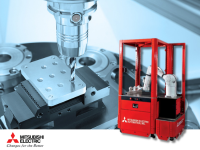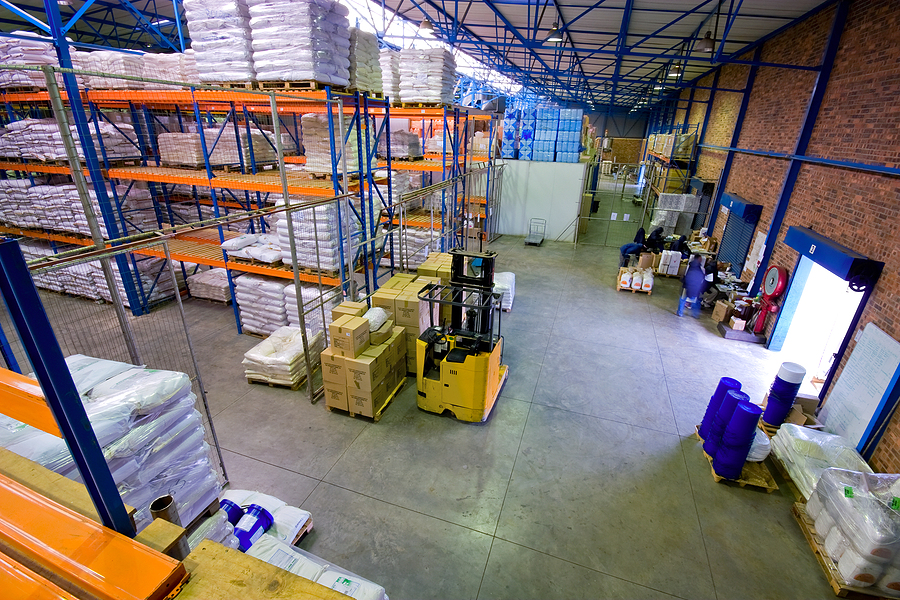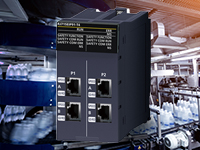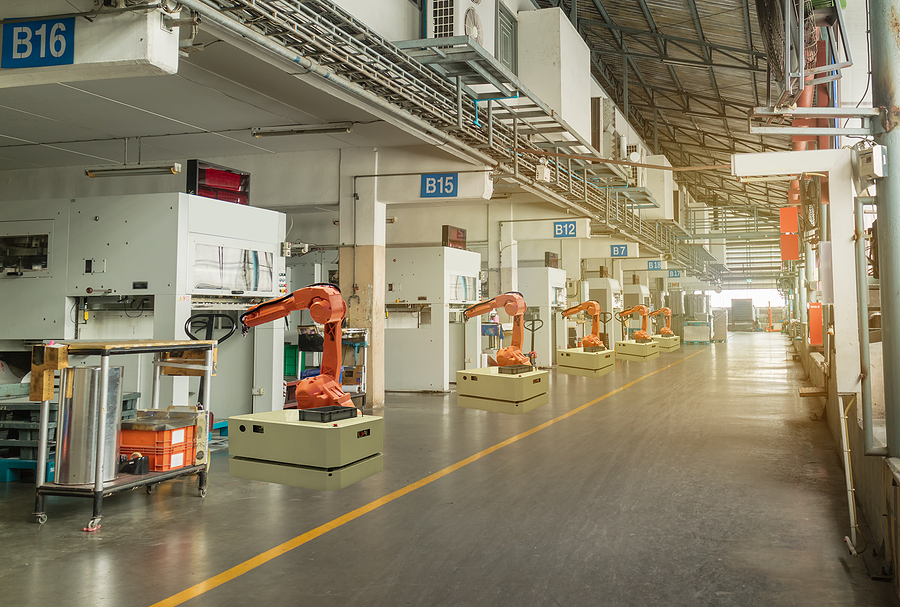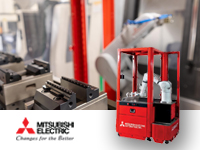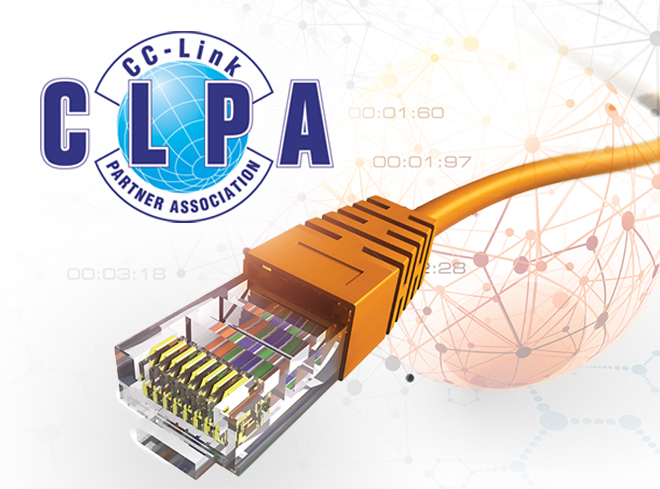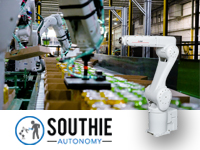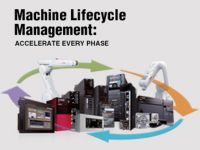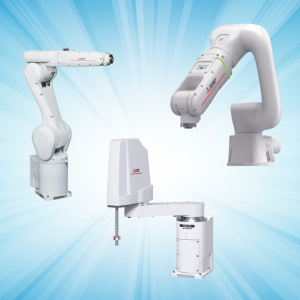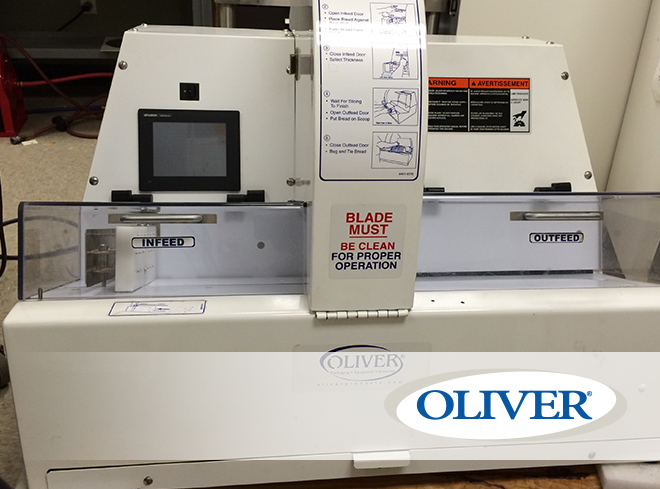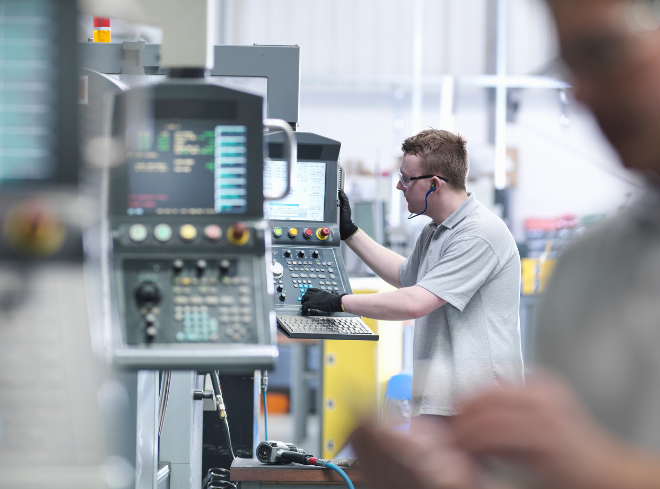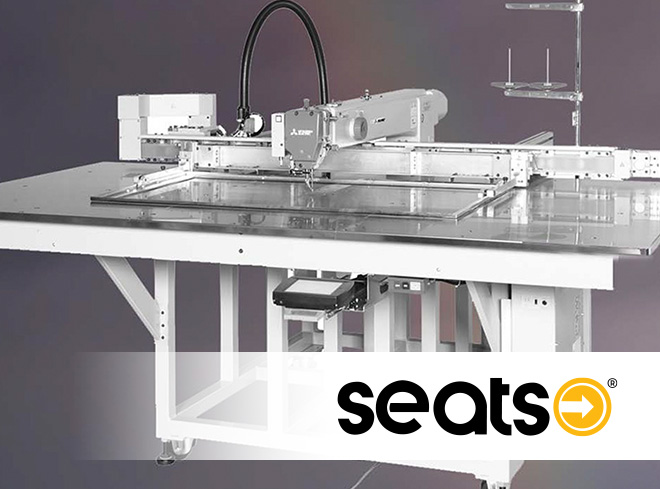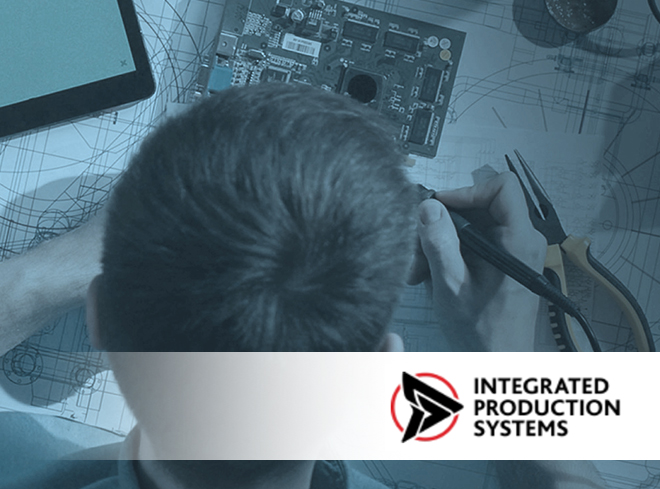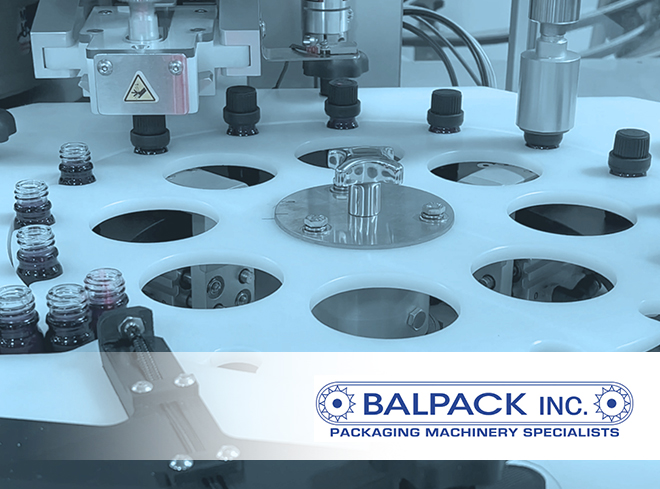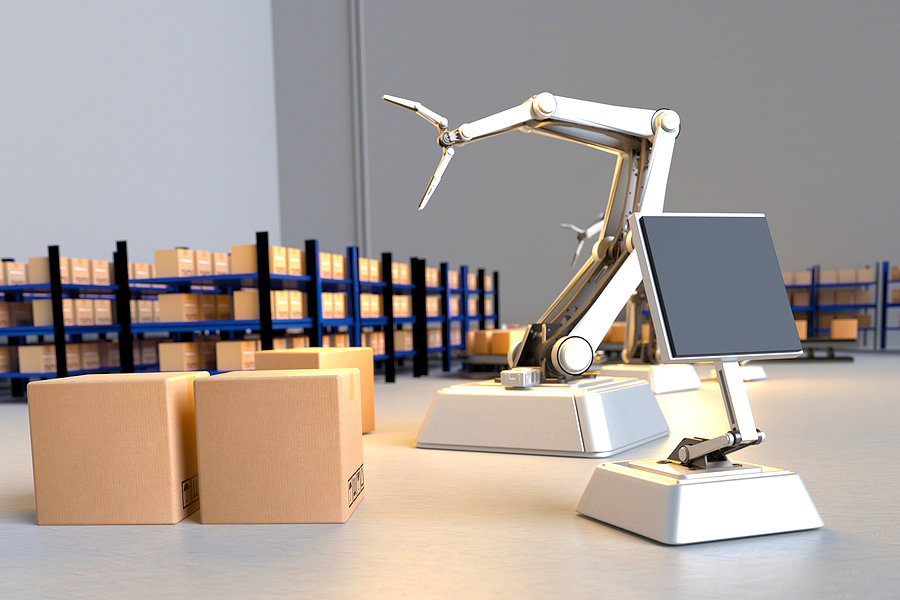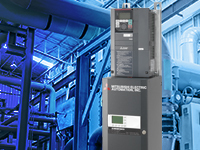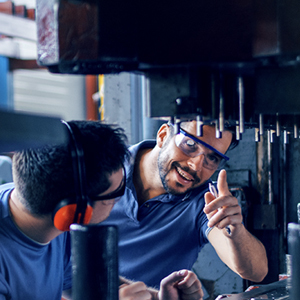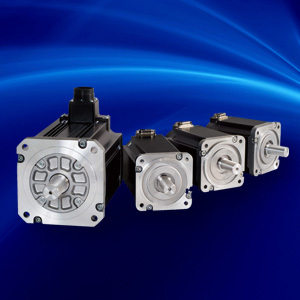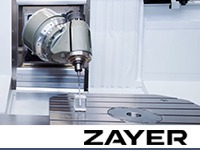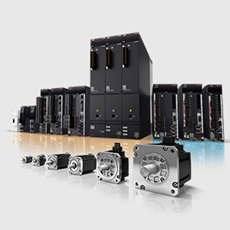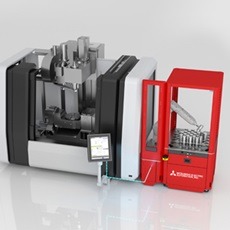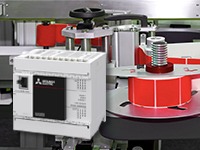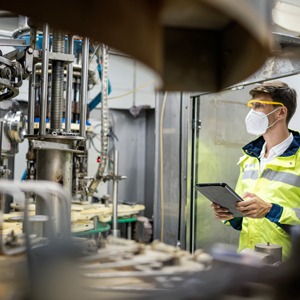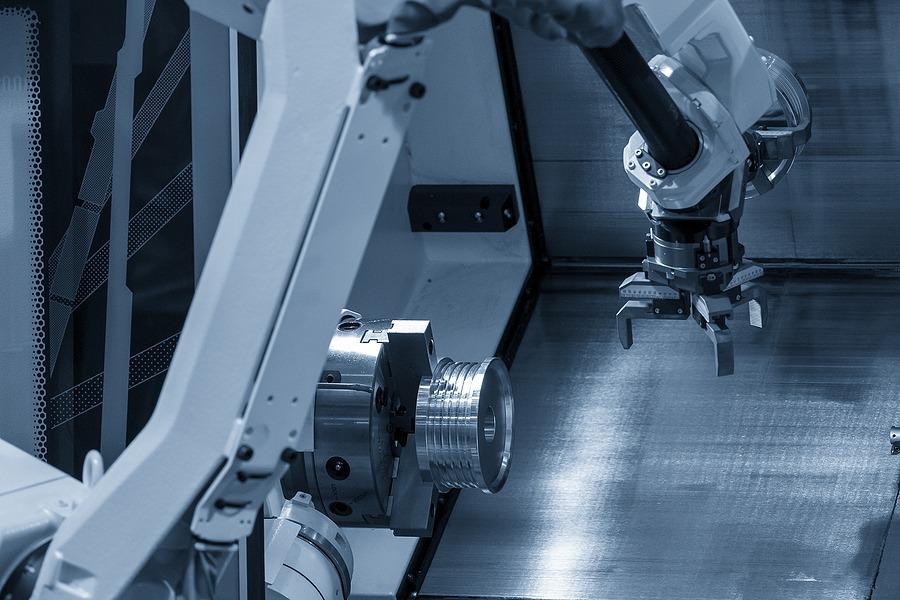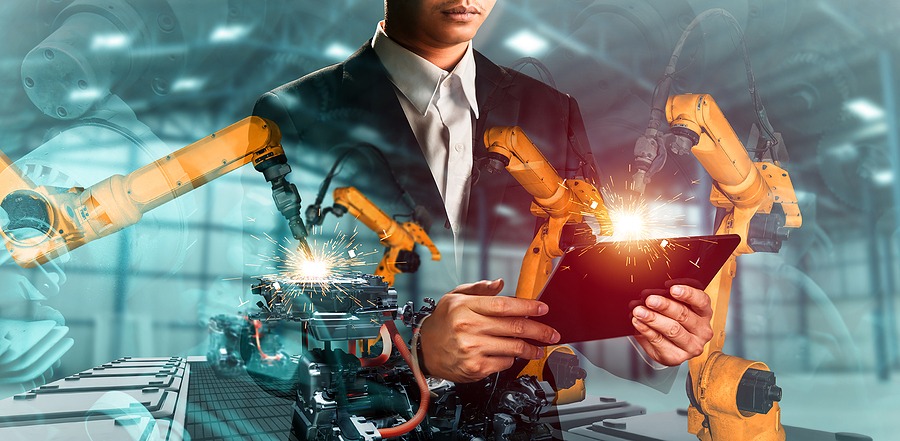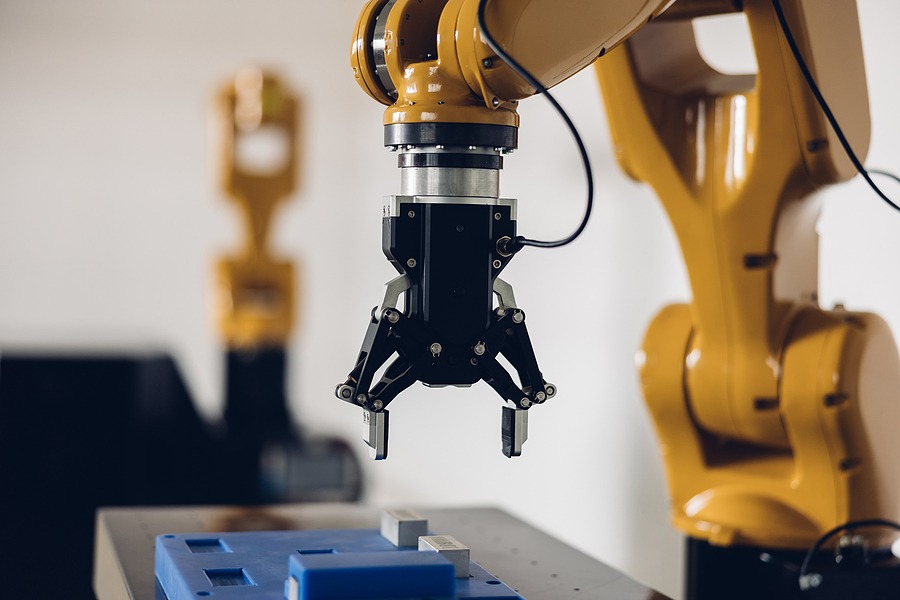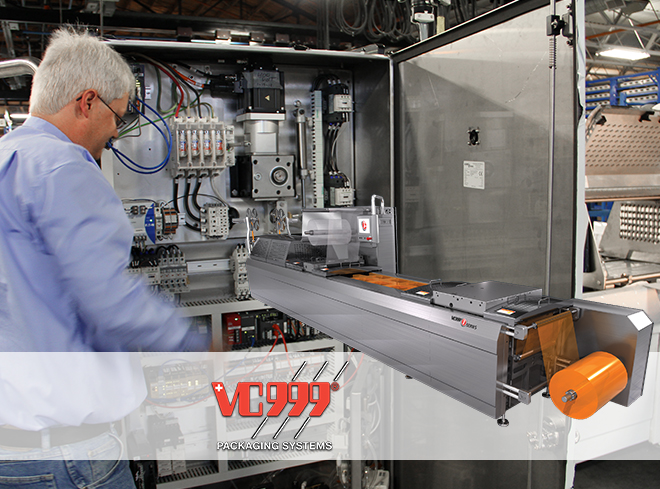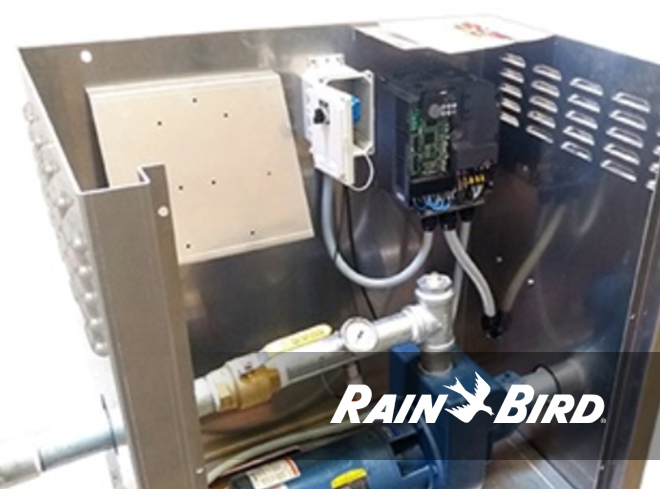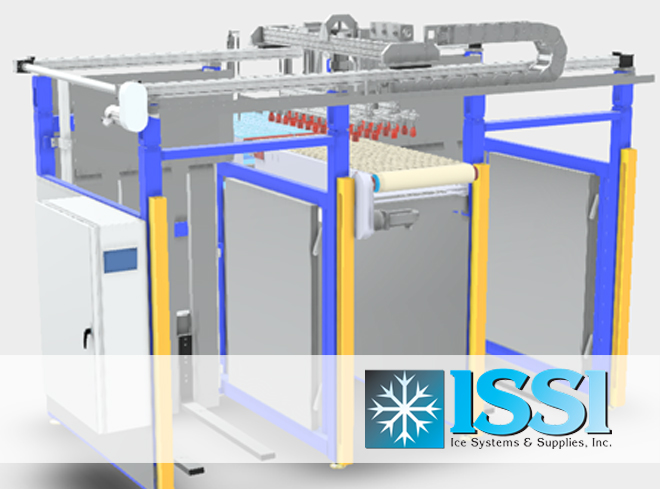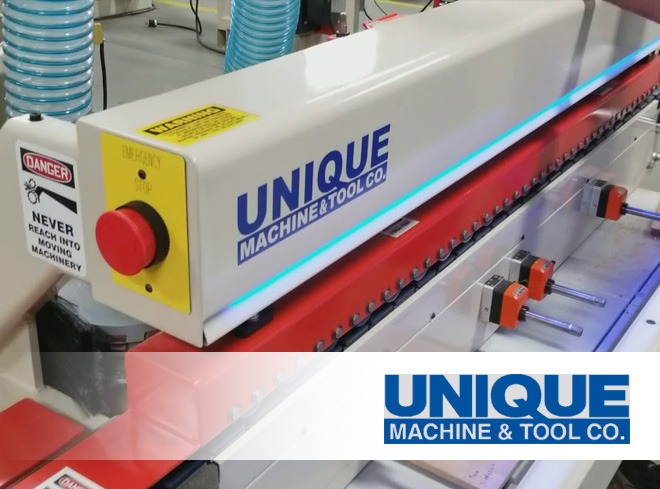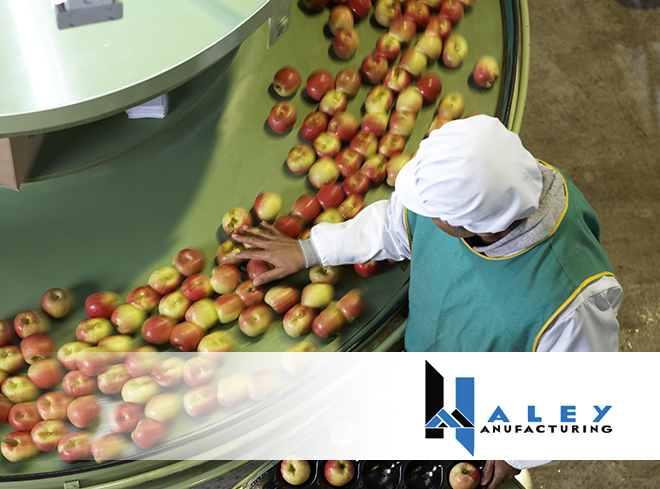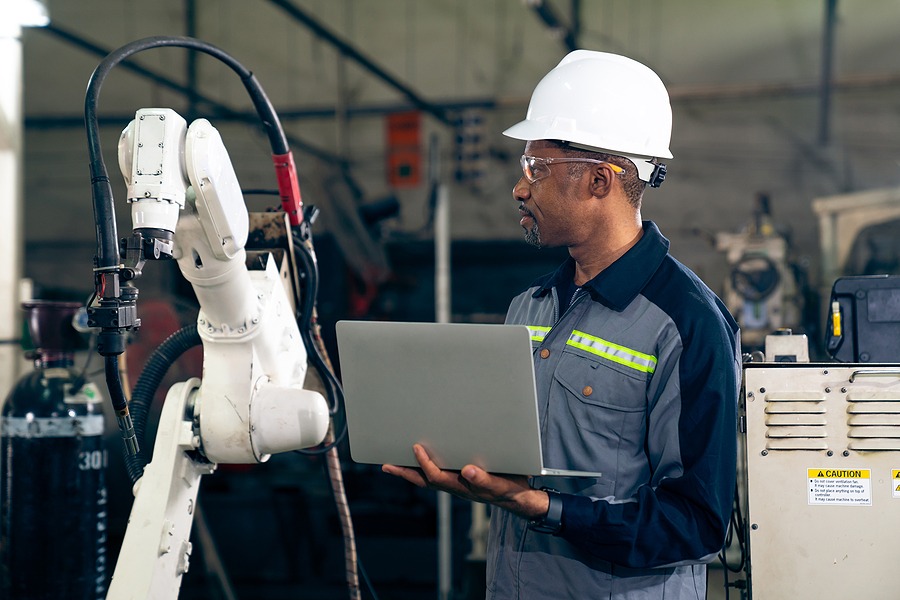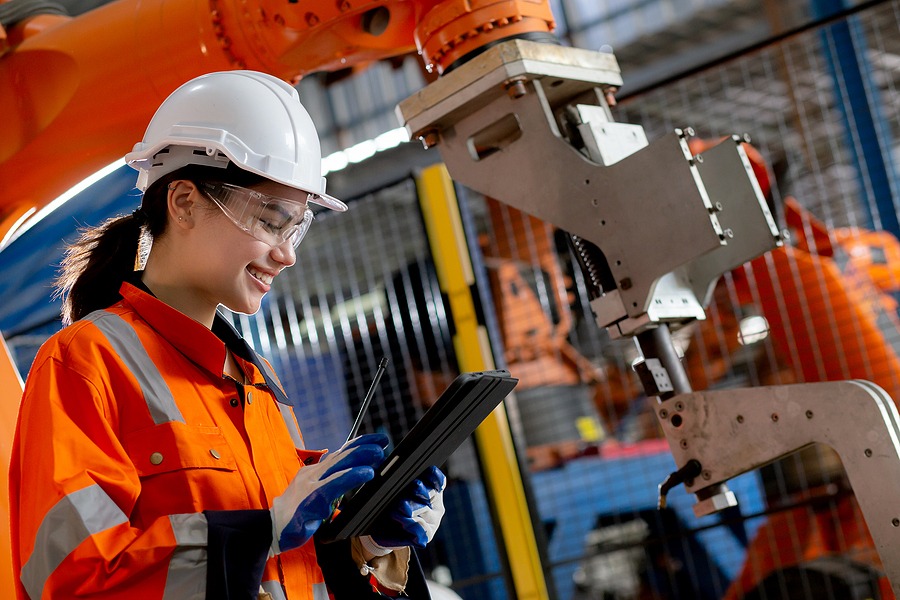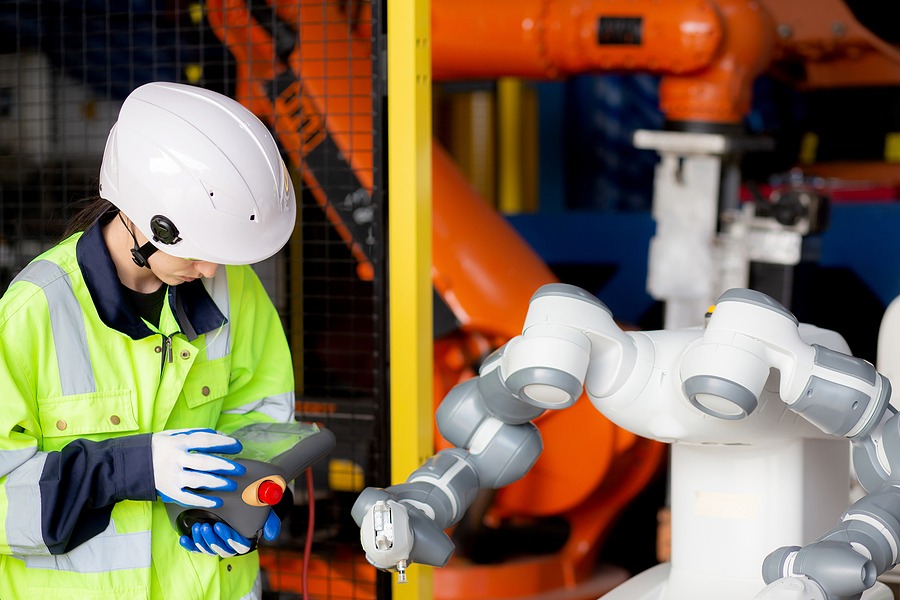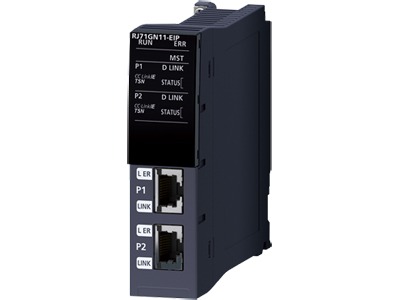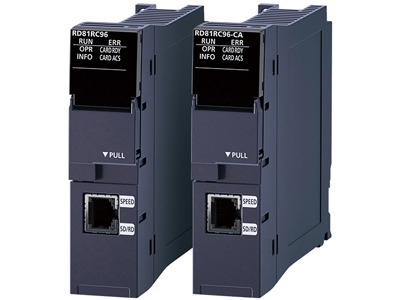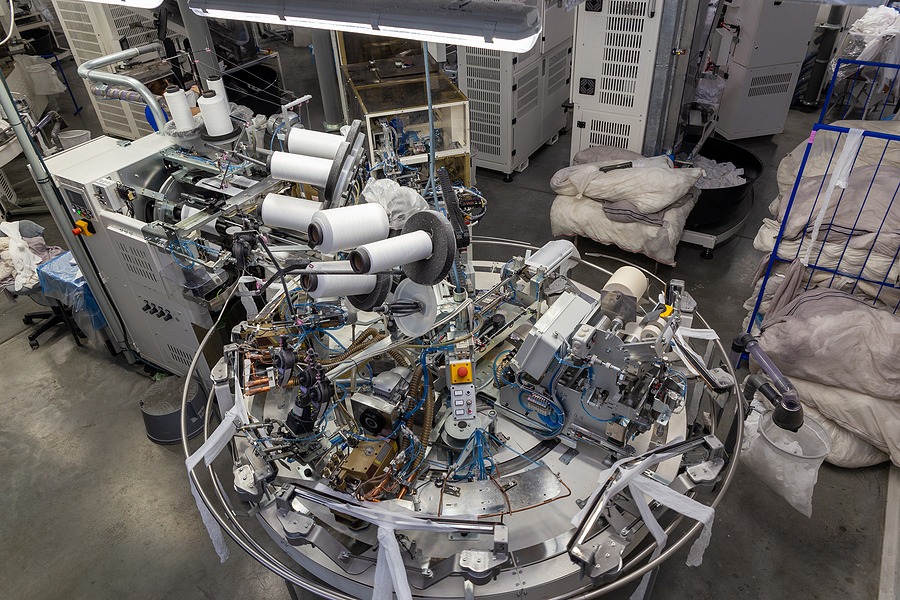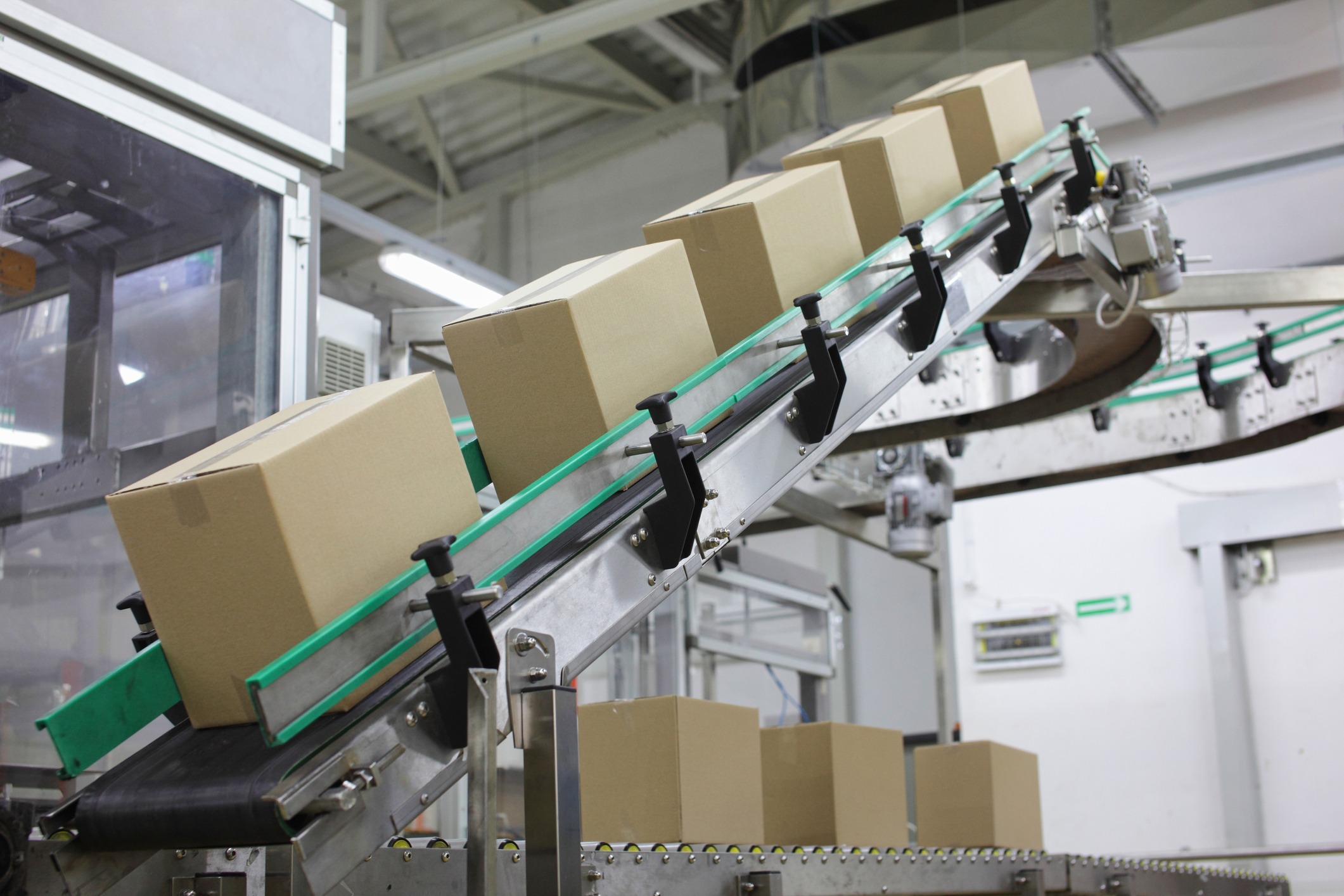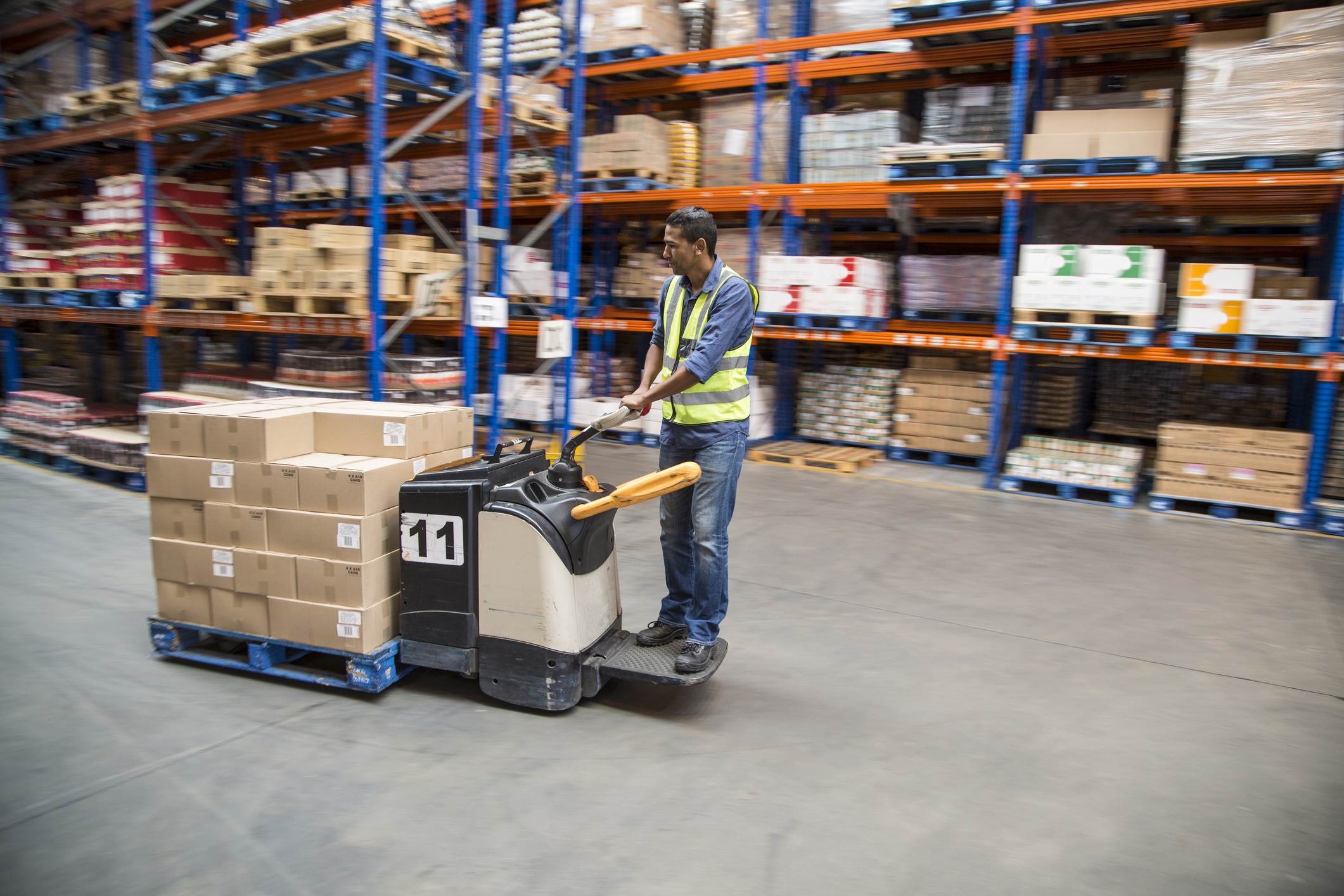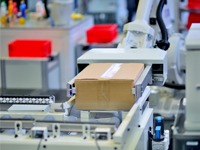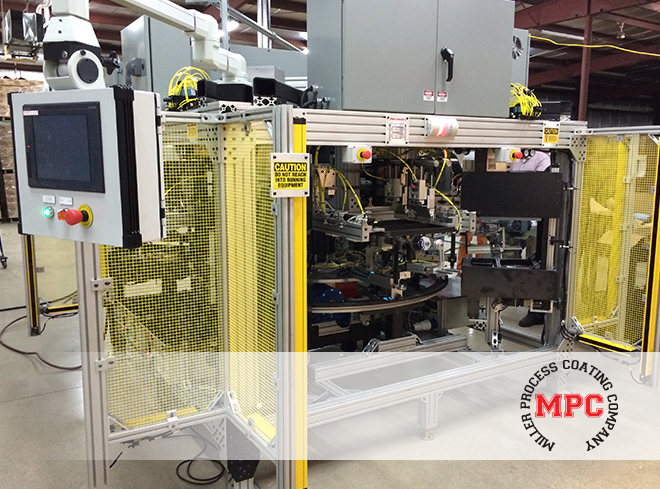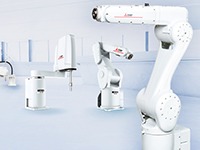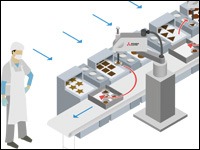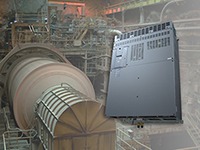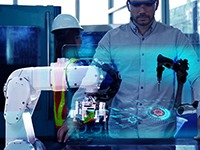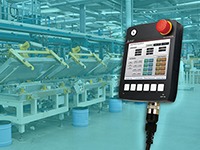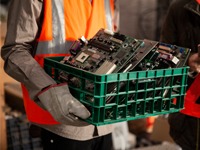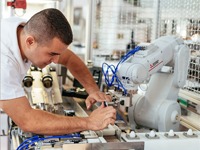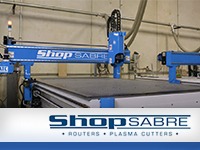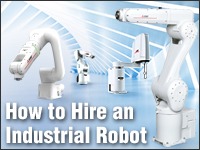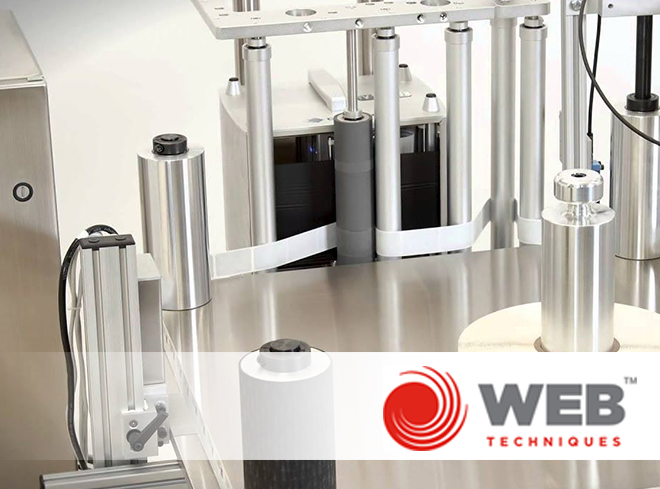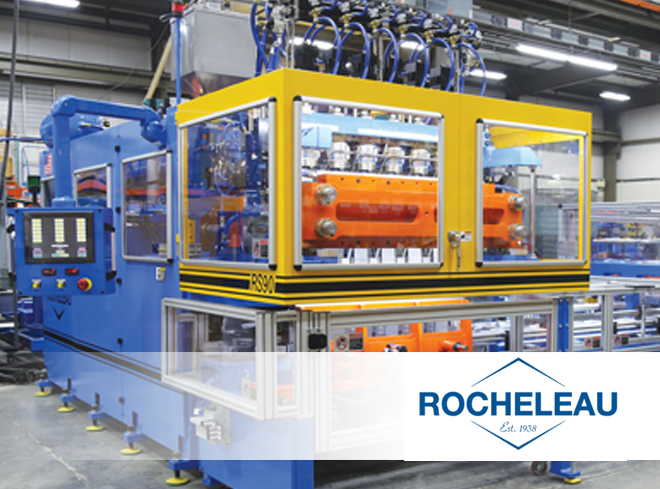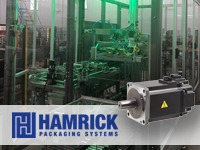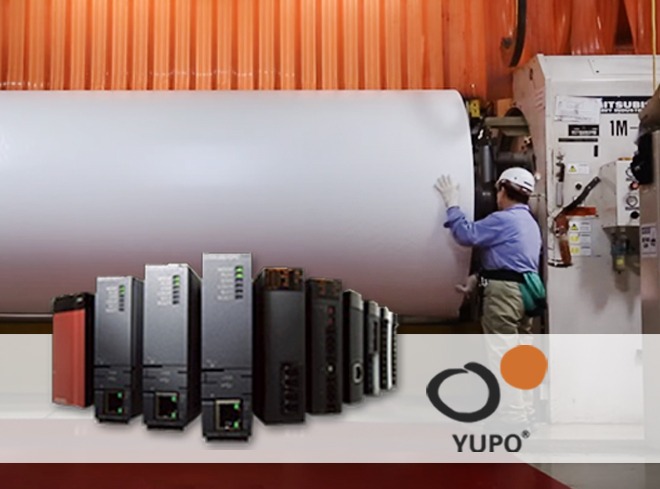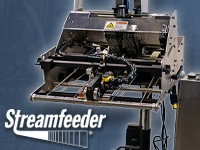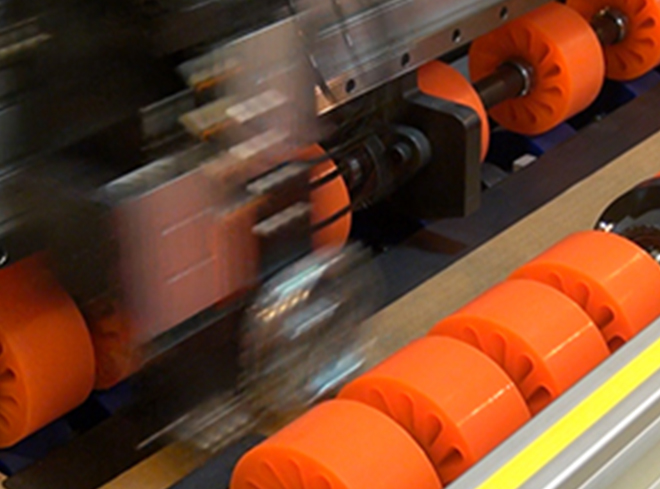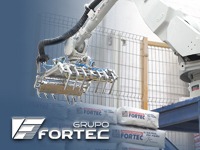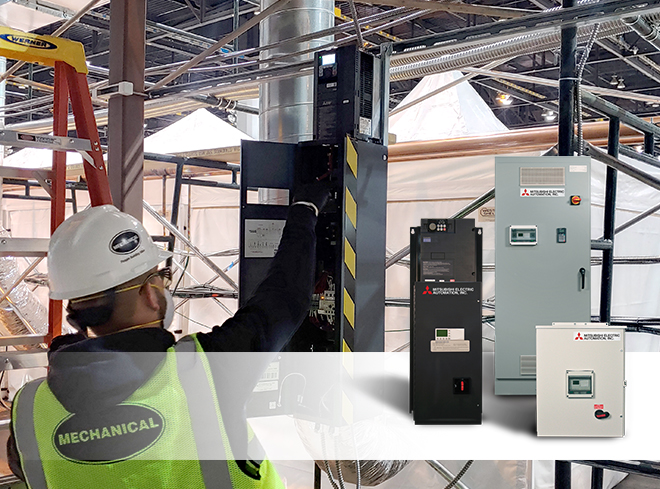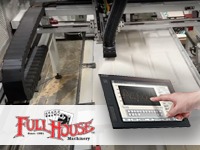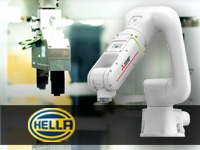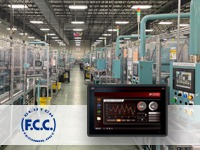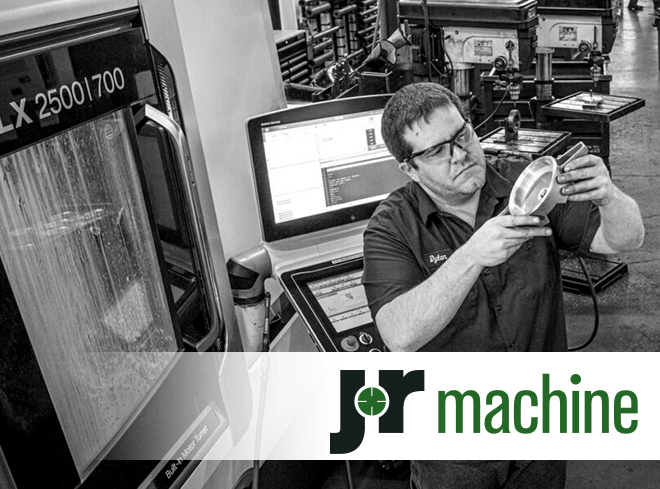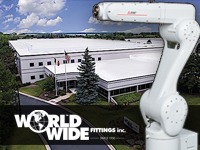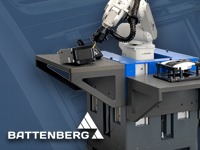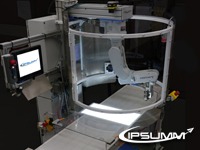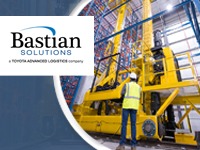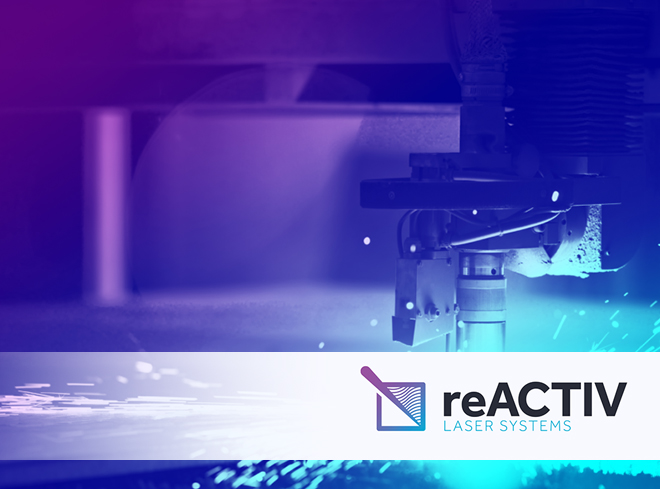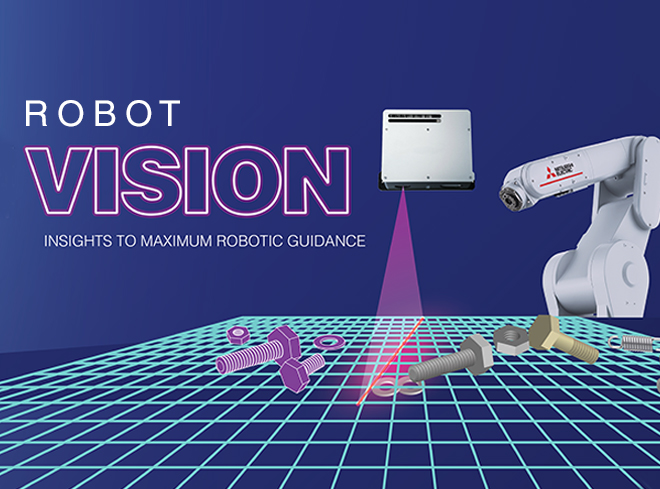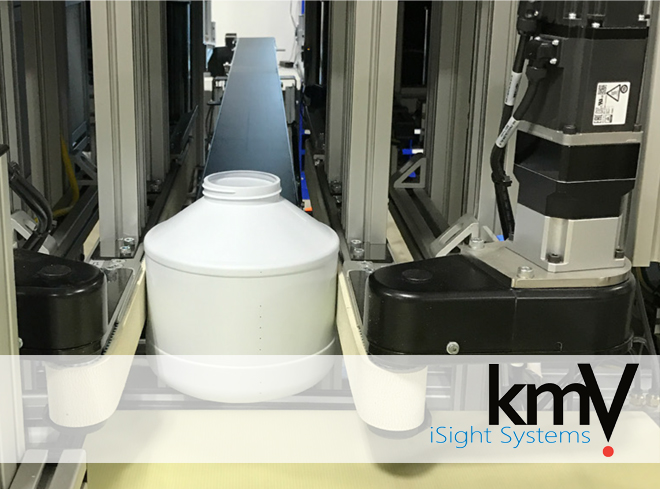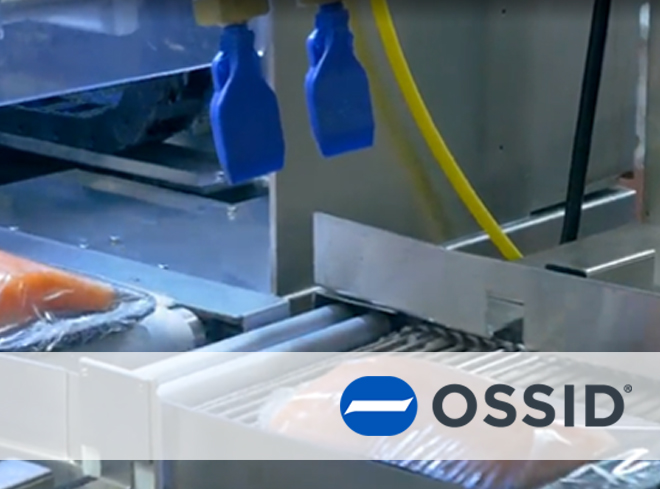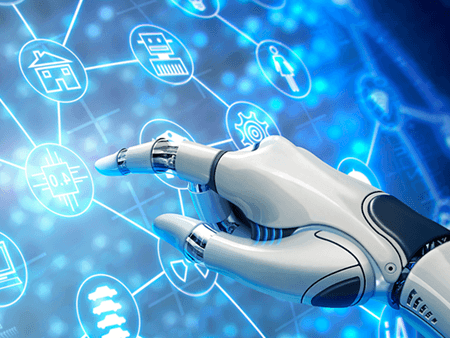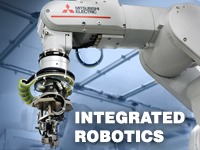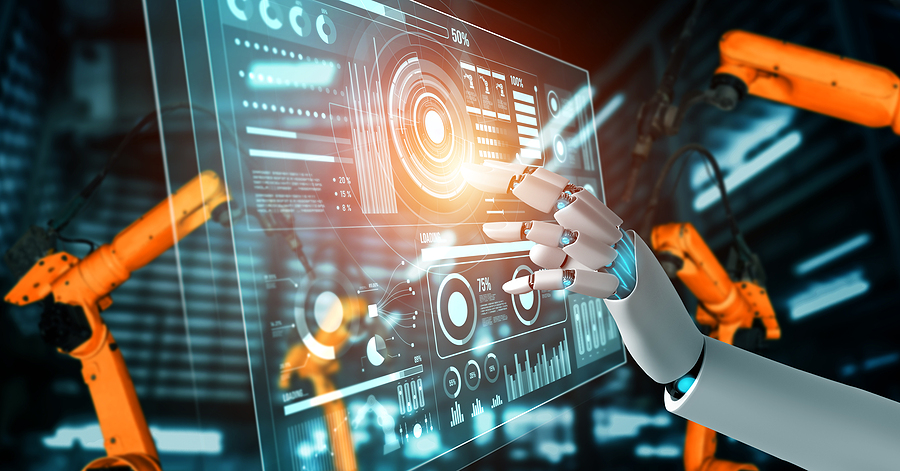
Industrial automation uses technologies like robotics, AI, and computer software to control the machines and processes in a plant. Implementing industrial automation improves productivity and output in any plant, but it’s especially beneficial in production lines. The benefits of implementing industrial automation in your plant are numerous.
Employees Enjoy Reasonable Work Hours
How many weekends have you had to force workers to come in for mandatory overtime? While some employees don’t mind the extra money, when it’s week after week, the lack of a day off becomes overwhelming.
With automation helping to ensure your productivity increases and errors decrease, workers no longer get forced into weeks of work without time off. It makes them happier, ensures you’re getting product out on time, and helps them avoid burnout.
Have you seen the studies in Iceland where they found that four-day workweeks made employees happier and more productive? With industrial automation, this becomes a possibility. You can give workers an extra half day on the weekend without reducing their pay. Robots do the work, workers get extra time with their family members, and they’re happier coming to work on their scheduled days.
In this study, workers took fewer sick days and had more energy during the workday. The study started with shift workers and advanced to office workers and social service jobs. Is it worth it if you can make it work in your plant and have happier workers?
Productivity Increases
Your workers need days off to rest. They are entitled to two breaks and a meal during each shift, and injuries can put them on short-term disability for weeks. They go home at night and return the next day. During all of this, you have to shut down machines or have another shift available.
Factory automation and the machines that keep the process going smoothly and accurately. Robots and computers don’t need time off. They can work in the dark and when it’s cold. Machines only need power and an internet connection to keep going. This boosts productivity in ways you can only imagine. Imagine having your production lines running 24/7, even on holidays. That’s possible with industrial automation.
It’s this benefit that also impacts the ability to give workers a shorter workweek. You could do a half-day on Friday while automation keeps doing the rest. Or, use that partial day to pay for educational training in vital skills that help them learn AI and coding. These are important skills that benefit your factory at the same time.
Operational and Repair Costs Lower
Industrial automation keeps costs lower for several reasons. The first is that you don’t have to pay time and a half or double-time wages anymore. Workers no longer have to work overtime, so you save money.
Automation requires newer machines, and that can drastically slash your utility bills. If your production plant is using machines that are 20, 30, or even 40 years old, they use a lot of electricity. Your bills are driving up your costs. Plus, parts may be hard to get hold of. Waiting for a tool and die specialist to make custom parts for your business can take weeks or months. Can you afford to have a machine down for that long?
Here’s an example of what can happen. A cable extrusion plant’s most important machine goes down due to a broken arm. It’s going to take a month to have that arm custom-made. Until it’s fixed, the company puts all workers on partial unemployment rather than pay for workers to come to work and have nothing to do. Meanwhile, orders are also backing up and causing frustration with customers who are waiting on cabling. The risk of losing clients is too great.
With new equipment, the risk of breakdowns that impact your business disappears. Customers are happy, workers are learning new skills, and you’re bringing in the necessary revenue to keep your business going.
Lead Times Are Faster
How long does it take you to fill an order once a client submits it? Short lead times make customers happier than long ones. You have to be reasonable of course and not promise more than your workers and machines can handle, but you have to keep customers happy, too.
Industrial automation boosts lead times by working faster, efficiently, and with extreme precision. This helps shorten the time it takes from the moment an order is placed to the time it’s delivered. The faster and more precise you are, the happier your customers are. Happy customers lead to positive reviews that bring in more business.
Safety Improves
Robotics uses lasers and sensors to move around with precision. If you have forklifts that are operated by AI, the risk of a crash or error in loading and unloading goods is reduced. When machines work safely, your workers are protected from injuries. They’re not going to try to lift something and strain their backs. OSHA’s “X Days Since Last Injury…” reports stay at a beneficial zero.
Maintenance Is Less Demanding
Automation can use predictive maintenance. Machines take care of some maintenance needs on a schedule without intervention. This lowers the hours maintenance teams need. If there are issues, the machinery can diagnose the problem and alert the appropriate people. You can schedule what’s needed in advance and avoid lengthy downtimes at the worst possible time of day.
Product Quality Improves
Industrial automation improves product quality. People get tired, need meals, and have to take breaks to go to the bathroom. In that time, something can go wrong. This can lead to entire runs being of poor quality or experiencing deficiencies or errors that cause recalls. If you have AI and robotics ensuring precision measurements, temperatures, and cuts, it improves product quality and prevents wasted manufacturing supplies.
Scrap Decreases
Have you had production runs that were found to have issues, so everything ended up in your scrap? With industrial automation, scrap decreases as AI and robotics create precision that ensures the products aren’t poor quality.
Any company’s goal should be to get its scrap rate under 5%. If yours is higher, it’s time to look at what’s happening and what you can do to lower it. AI and robotics help prevent unnecessary scrap in all aspects of manufacturing from cutting and measuring to assembling and packaging.
Are you looking for a partner for automating your manufacturing plant? Mitsubishi Electric is a leading industrial automation specialist. Ask us about upgrading your plant with analytics and machine learning, smart manufacturing, machine utilization, and mechatronics and robotics. Our team walks you through the first steps to take and how to decide what’s important to upgrade first and what comes after that.
Work with Us and Succeed
We love our customers and the challenges they bring to us. We also like to let our customers shine by discussing how we worked together to solve their biggest challenges. If you have a challenge that needs to be solved and would like to be our next BIG success story, reach out to us and let’s connect!

